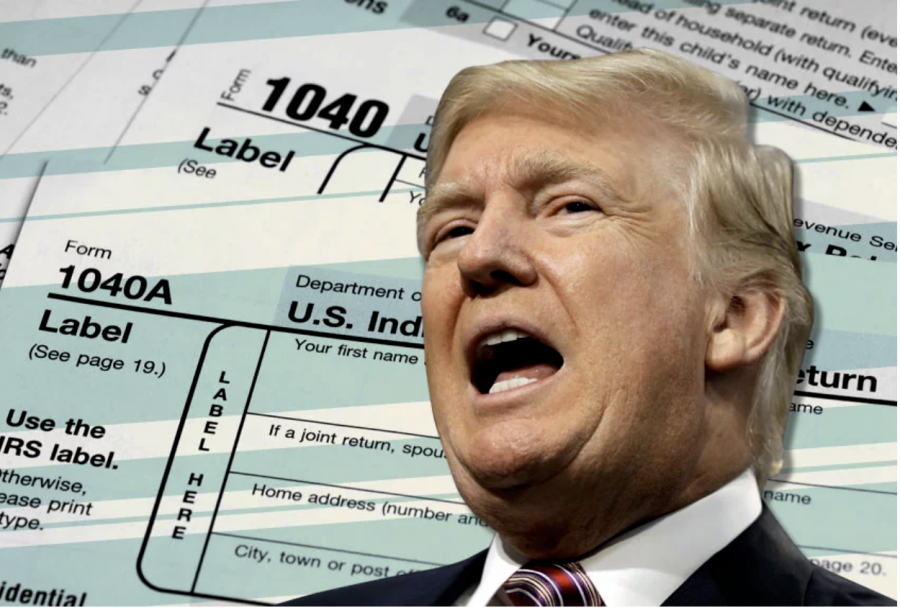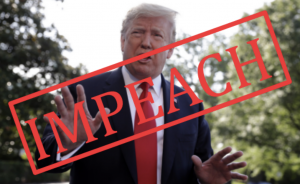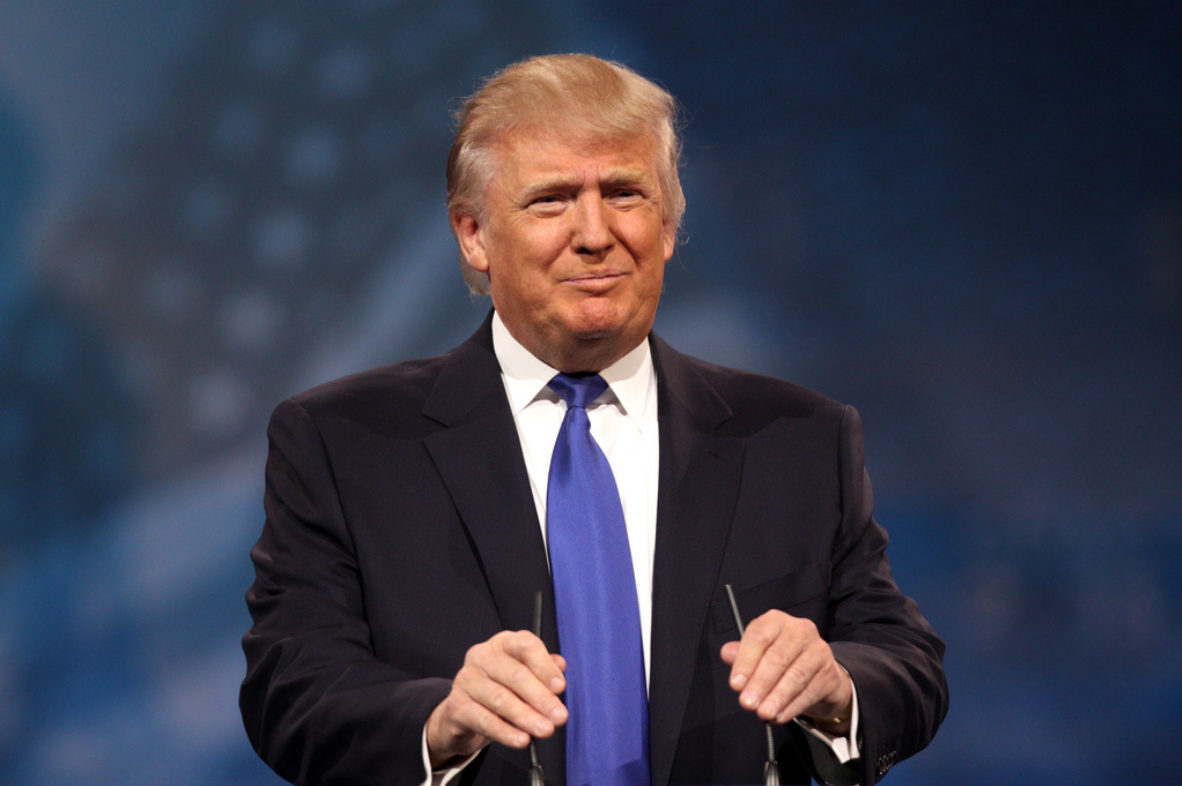Recent New York state ruling tears off the dangerous cloak of presidential immunity
The recent New York state ruling allows investigators to view President Donald Trump’s past eight years of tax returns. This may reverse the long-standing precedent of the Justice Department that allows for executive immunity for sitting presidents.
As a teenager, I’ve had the luxury of not worrying about my taxes. Sure, I’ve had to fill out state tax forms for my summer job as a lifeguard, but never have I had to sit through the numbing hours and hours of “boring” and “painful” tax returns according to my parents. However, knowing that the president of my country is overreaching his power by refusing to hand in his tax returns for investigation makes me care about taxes for the first time. I’m afraid that Trump is setting a new precedent that continues the dangerous trend of growing presidential power.
Federal judge Victor Marrero dropped President Donald Trump’s attempts to hide his federal tax returns from New York state prosecutors this past Monday on Oct. 7. The records of his tax returns over the past eight years will now be open for the prosecutors to see.
While tax returns may seem like a fickle thing to make such a fuss about, this puts President Trump in the hot seat, especially as the 2020 election approaches. Additionally, with his possible impeachment brewing at Capital Hill, these tax returns could reveal potential criminal activity.
The case that federal judge Victor Marrero dropped was in response to a lawsuit Trump had filed back in September, stating that it was unconstitutional for a sitting president to undergo the criminal process. This completely tips the scale of checks and balances in our government, and only expands the dangerous, exponential growth of the presidential branch.
A president, just like any US citizen, is still subject to the supreme power of the land, the Constitution and its laws. According to AP News, Marrero stated that he refused to agree with the president’s statements of limitless executive immunity in light of fundamental concerns over excessive arrogation of power.
Trump’s lawyers have fought ferociously to protect his tax returns. However, according to the New York Times, in the 2016 campaign Trump claimed that he would make his tax returns public and “refused to disclose.”
It seems as though he only made this statement back in the presidential race in order to garner more votes, proving his disingenuity and dishonesty. His contradictory statements begs the question: is there something that Trump is hiding? Dubious acts such as Trump lending hush money to two women during the presidential race, as well as any connections to Russia, may be shed to light.
In response to the ruling, Trump tweeted, “A thing like this has never happened to any President before. Not even close!” However, he seems to have forgotten about other scandal-bogged presidents, such as Richard Nixon.
In the wake of the Watergate scandal, even president Nixon didn’t have complete immunity from subpoenas, despite his refuting claims that the Oval Office tapes and other private records were subject to his executive privilege. If the president is allowed to be impeached and put on Senate trial during his time in office, then in order to do so one must have the power to investigate him.
Trump’s claims of overreaching presidential immunity suggest to take away the power for the prosecutors to conduct an investigation, therefore taking away a Constitutional power. This serves a reality check for the president that no one, not even him, is above the law.
As shown, previous presidents have used this dangerous and potentially incriminating policy as a “Get Out of Jail Free card.” Trump’s attorneys claimed that the president has such a unique position that criminal investigations may interfere with his official duties. However, the idea that all of his past transactions, activity and individual or familial business entity are immune to federal law is dangerous and too broad.
While there has been a long-standing precedent of justice departments granting current presidents a cloak of immunity from federal prosecutors, there is no such precedent with state prosecutors. According to the Washington Post, “state criminal law enforcement isn’t subject to Justice Department policy or tradition.” This means that local prosecutors such as the ones involved in Trump’s lawsuit are not bound by these restrictive precedents when making decisions. Thus, this decision sets an important precedent in which presidents can and should be held responsible for decisions that they have made during and before their presidency.
In the future, it should be custom for elected officials to make their financial records public when undergoing investigation. Besides, if Trump doesn’t have anything to hide, then he shouldn’t be worried about making these documents public.

Serena Ye ’20 is a web arts editor for Inklings. Ye took Advanced Journalism because she enjoys how journalism can cater to all different types of people,...





















































